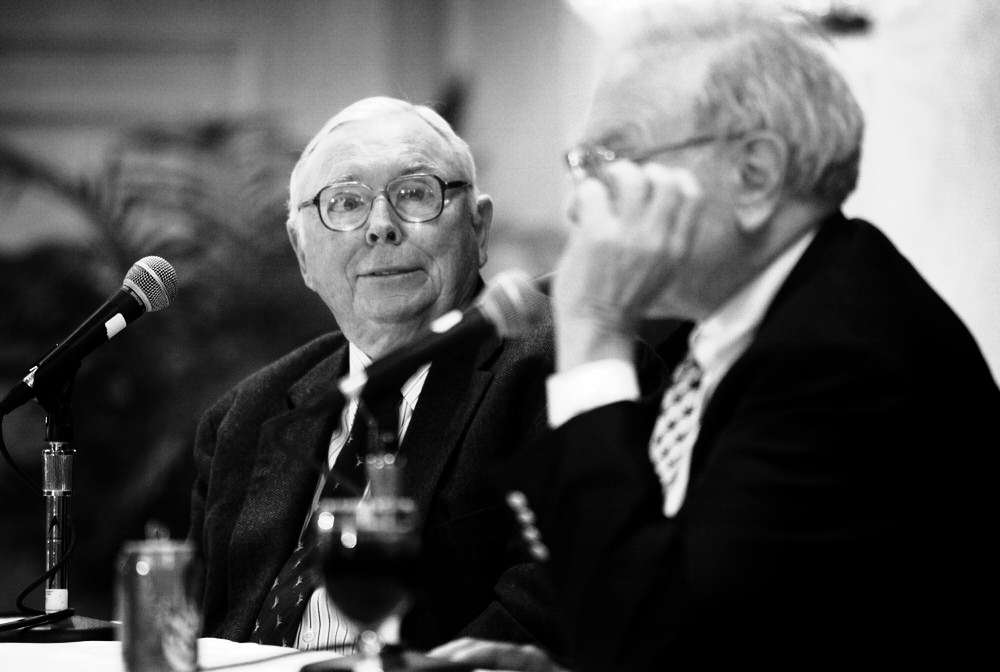by Stephen H. Dover, CFA, Franklin Templeton Investments
With the November 3rd US elections just days away, the most discussed topic remains how its results may affect investment decisions. I recently discussed this with Ken Leech, CIO of Western Asset. No one knows the election results yet or when the losing candidates will concede. However, we are considering many possible scenarios, including:
- We believe there is a possibility that US taxes will not be raised initially. When President Barack Obama took office during the Great Financial Crisis (GFC), the Obama Administration focused on government spending first, then tax policy later. If this holds true, we can expect growth to likely increase in the first half of 2021.
- Substantial post-election stimulus packages will likely include infrastructure, and if Joe Biden is elected US president, we believe healthcare and environmental initiatives will be supported, including green bonds.
- We believe the US Federal Reserve’s (Fed’s) current zero interest-rate policy, and that of many central banks with negative rates globally, will continue for a meaningful period of time. The Fed’s macro policies of buying bonds for liquidity, and incredibly low interest rates until full employment returns, are both positive for corporate credit. We think that it will take time before we return to previous rates of inflation.
- Today, many developed countries offer near-zero yields or negative interest rates, whereas China’s markets offer government bonds with around 3% yields.
- We believe China’s long-term plan is to become a serious US economic competitor, and it is on that path. China’s opening of its bond and equity markets, and its currency addition to the International Monetary Fund’s basket, are steps to becoming a bigger part of the global financial community.
As the elections remain uncertain, we believe global investments in China are certainly growing. For more about Ken’s economic recovery optimism and how to invest in a zero-rate environment, listen to our conversation “Quick Talks: ‘Never’ is Three Years.”
*****
Important Legal Information
This material is intended to be of general interest only and should not be construed as individual investment advice or a recommendation or solicitation to buy, sell or hold any security or to adopt any investment strategy. It does not constitute legal or tax advice. The views expressed are those of the investment manager and the comments, opinions and analyses are rendered as at 29 October 2020, and may change without notice. The information provided in this material is not intended as a complete analysis of every material fact regarding any country, region or market.
The companies and/or case studies shown herein are used solely for illustrative purposes; any investment may or may not be currently held by any portfolio advised by Franklin Templeton Investments. Past performance does not guarantee future results.
Data from third party sources may have been used in the preparation of this material and Franklin Templeton (“FT”) has not independently verified, validated or audited such data. FT accepts no liability whatsoever for any loss arising from use of this information and reliance upon the comments, opinions and analyses in the material is at the sole discretion of the user.
Products, services and information may not be available in all jurisdictions and are offered outside the U.S. by other FT affiliates and/or their distributors as local laws and regulation permits. Please consult your own professional adviser or Franklin Templeton institutional contact for further information on availability of products and services in your jurisdiction.
Issued in the U.S. by Franklin Templeton Distributors, Inc., One Franklin Parkway, San Mateo, California 94403-1906, (800) DIAL BEN/342-5236, franklintempleton.com—Franklin Templeton Distributors, Inc. is the principal distributor of Franklin Templeton U.S. registered products, which are not FDIC insured; may lose value; and are not bank guaranteed and are available only in jurisdictions where an offer or solicitation of such products is permitted under applicable laws and regulation.
CFA® and Chartered Financial Analyst® are trademarks owned by CFA Institute.
What Are the Risks?
All investments involve risks, including possible loss of principal. The value of investments can go down as well as up, and investors may not get back the full amount invested. Stock prices fluctuate, sometimes rapidly and dramatically, due to factors affecting individual companies, particular industries or sectors, or general market conditions. Investments in fast-growing industries, including the technology and health care sectors (which have historically been volatile) could result in increased price fluctuation, especially over the short term, due to the rapid pace of product change and development and changes in government regulation of companies emphasizing scientific or technological advancement or regulatory approval for new drugs and medical instruments. Bond prices generally move in the opposite direction of interest rates. Thus, as prices of bonds in an investment portfolio adjust to a rise in interest rates, the portfolio’s value may decline. Investments in lower-rated bonds include higher risk of default and loss of principal. Changes in the credit rating of a bond, or in the credit rating or financial strength of a bond’s issuer, insurer or guarantor, may affect the bond’s value. Investments in foreign securities involve special risks including currency fluctuations, economic instability and political developments. Investments in emerging market countries involve heightened risks related to the same factors, in addition to those associated with these markets’ smaller size, lesser liquidity and lack of established legal, political, business and social frameworks to support securities markets. Such investments could experience significant price volatility in any given year.
This post was first published at the official blog of Franklin Templeton Investments.













